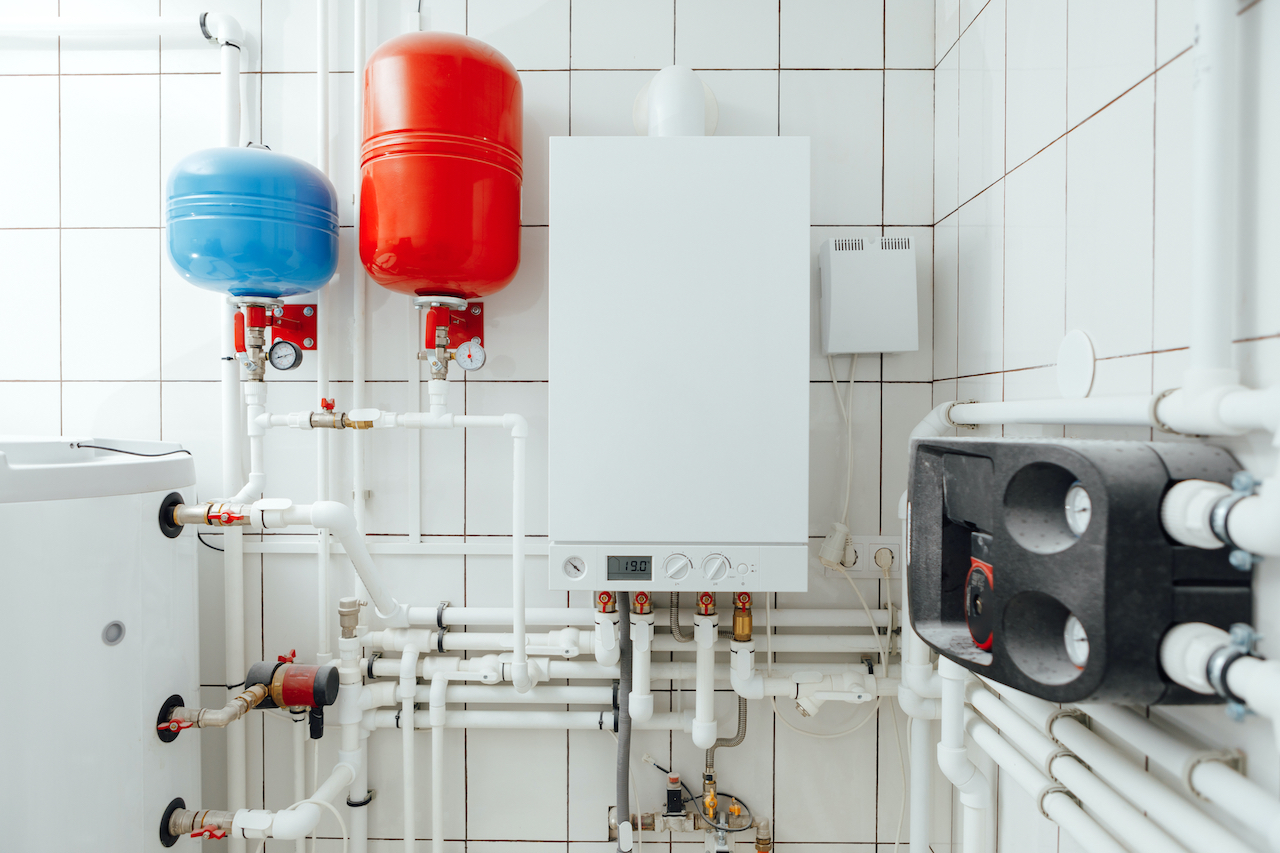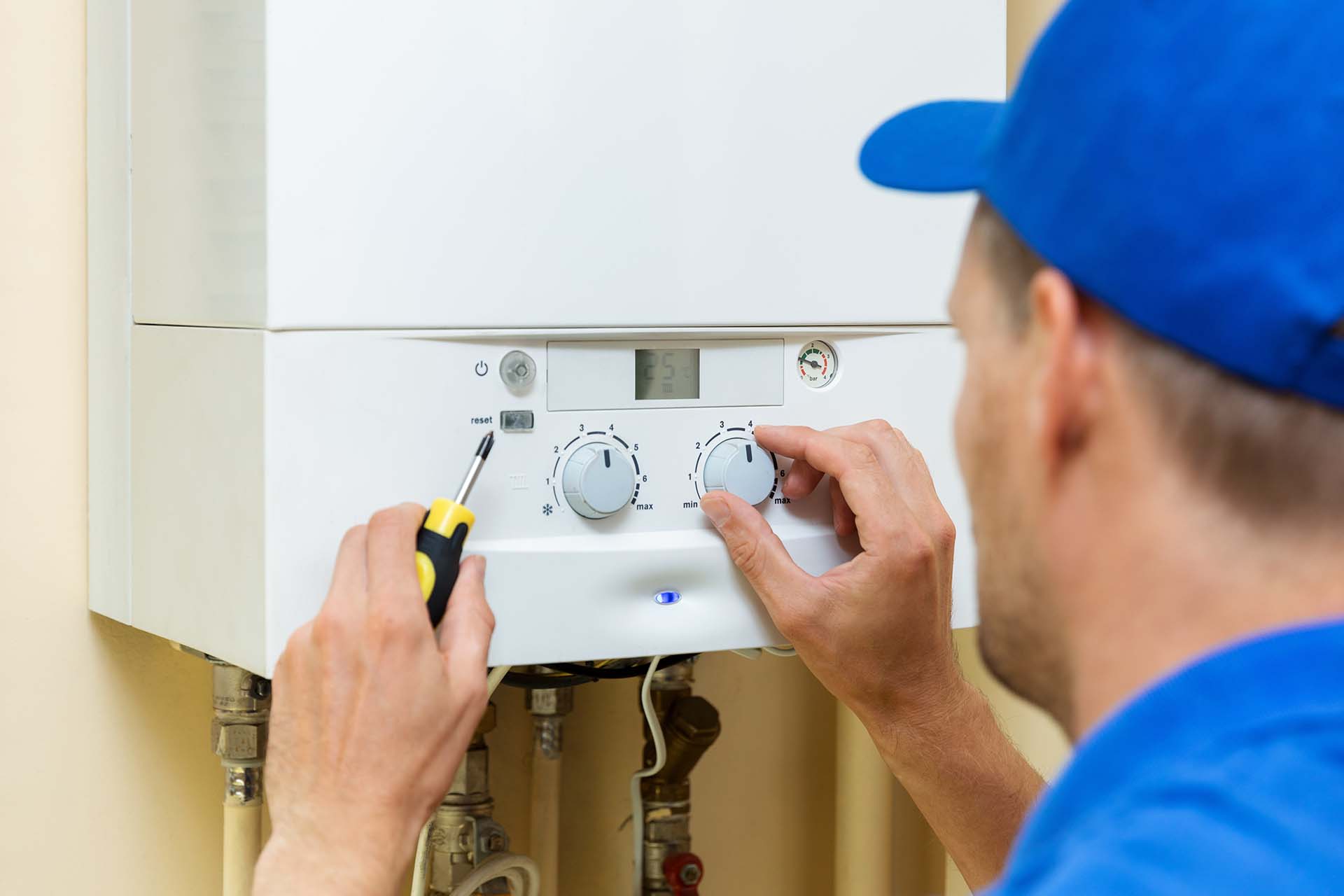Introduction
Are you in the midst of a renovation, extension, or property reconfiguration? You might soon face a common hurdle: your gas meter and pipework location might no longer fit the new layout you have designed. This guide covers why you may need to move your gas meter or lay new gas pipes to your existing gas appliances, i.e. boiler and gas cooker. This article outlines the step-by-step process, delves into costs and timings, and most importantly, explains why you should always hire certified professionals.
Key takeaway: Never attempt this yourself. Gas work is dangerous and must be conducted by a Gas Safe Registered engineer.

1. Why Consider Relocating Your Gas Meter or Installing New Pipes?
- Renovations & Extensions
Structural changes like new walls or rear/side extensions may block or render your current gas meter and pipework impractical. - Aesthetics & Accessibility
You may want your gas meter in a less conspicuous place or somewhere easier to access for meter readings and possible maintenance. - Appliance Relocation
Moving a gas hob, gas boiler, or gas fireplace often requires new pipe runs and possibly a new gas meter location. - Safety & Compliance
Older installations may no longer meet current regulations or be deemed unsafe, prompting a required gas pipe upgrade or gas meter relocation.
2. Safety First: The Crucial Role of Certified Professionals
- Serious Risks of DIY Gas Work
Mistakes can lead to gas leaks, carbon monoxide poisoning, explosions, and fires, leading to catastrophic outcomes. - Legal Requirements
In the UK, gas work must be done by individuals listed on the Gas Safe Register, ensuring they’ve passed rigorous training and assessments. - Insurance Ramifications
DIY or uncertified work can invalidate your home insurance, leaving you financially exposed. - Peace of Mind & Compliance
A professional completes the work safely, efficiently, and legally and provides valid certification to back it up.
3. The Process: From Planning to Certification
Initial Assessment & Quotation
- Contact a Gas Safe Registered engineer.
- They’ll visit your property to assess the current meter location, proposed changes, and feasibility.
- You’ll receive a detailed quote outlining scope, materials, labour, and likely timeline.
Planning & Permissions
- You may need permission from your local authority or to notify your gas network operator, especially for external meter movement.
- If the meter is shifting more than ~1 m from its original location, the gas transporter/network operator typically handles the relocation of the incoming gas supply.
Execution of Work
- Isolation – The Gas supply is shut off safely.
- Meter Relocation – Your meter and Emergency Control Valve (ECV) are disconnected and then reconnected in the new position, usually by your gas network operator or supplier
- Pipework Installation – Licensed engineers install new gas-approved piping (e.g., copper or flexible steel) with proper support and clearances.
- Testing & Commissioning – All altered pipework undergoes rigorous leak testing; appliances are reconnected and tested for safe operation.
Certification
- Once everything’s safe, you’ll receive a Gas Safety Record, a crucial document to keep for safety compliance and insurance.
4. How Much & How Long?
Cost Estimates:
- Typical total cost: £1,000 on average, including materials or £300/day.
- For short moves (under ~0.9 m of gas pipework) £85–£120 or moves over 1m of internal gas pipe, including pipe relocations to another wall: £300–£1,500.
- Exceptional cases (long trenching or complex works) may reach £2,800–£3,000
Timeframe:
- Standard projects: 4–6 weeks from quote acceptance to completion.
- More complex external relocations can take up to 8 weeks.
- Network operators aim to start within 6–8 weeks after your approval.
5. Real-World Experiences & Variability
On forums like Reddit, homeowners report a wide cost range based on complexity:
“I got quoted approximately £800 so seems about right!”
“Someone came around and quoted £2.8‑£3k for the whole excavation and installation.”
This underscores the importance of assessing job specifics and obtaining multiple quotes.
6. Key Considerations Before You Start
- Budget Smartly – Allow a realistic range (£400–£1,500+) and solicit at least three quotes.
- Plan Your Schedule – Expect 4 to 8 weeks, especially for meter moves involving the network operator.
- Prepare for Disruption – The gas supply will be off during isolation; arrange alternatives for heating and cooking.
- Pipe Aesthetics – Discuss hiding or routing new pipes to maintain visual appeal.
- Future Needs – Think ahead if you plan additions or appliance upgrades, plan infrastructure accordingly.
Conclusion
Relocating a gas meter or installing new gas pipes might feel like a major undertaking, but for qualified professionals, it’s a routine—yet critical—job. The essential point to remember is this: never attempt it yourself. Only certified professionals should handle gas work to ensure your safety, comply with legal standards, and protect your property.
If you’re considering this type of work—whether it’s part of a larger renovation or simply to improve accessibility or aesthetics—Celmeng Plumbing and Heating is here to help.
Get in Touch with Celmeng Plumbing and Heating
For expert advice, site visits, or a no-obligation quote, don’t hesitate to contact us:
📧 Email: info@celmeng.co.uk
📞 Phone: 0121 608 0460
🌐 Website: www.celmeng.co.uk
Our Gas Safe Registered engineers are ready to support your project safely and professionally—whether it’s moving a meter, upgrading pipework, or carrying out a full heating installation.
Disclaimer
This article is for informational purposes only. Always consult a certified gas professional before proceeding.


